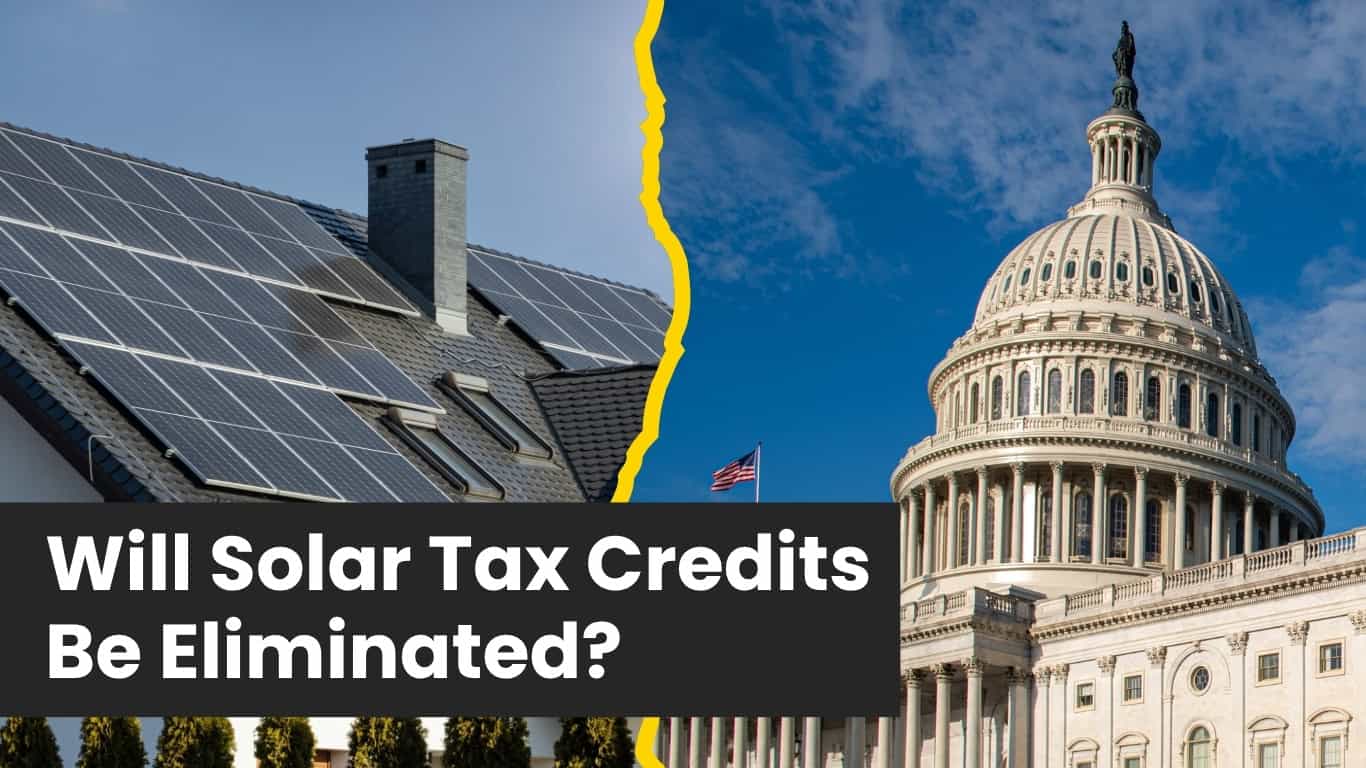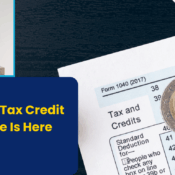
Latest Solar Tax Credit News: Bill Signed To Eliminate 30% Solar Tax Credit
As the world shifts towards renewable energy sources, solar batteries have emerged as a game-changing solution for homeowners and businesses alike. These innovative devices are shaping the way we store and use solar energy, offering a reliable backup power source and paving the way for greater energy independence.
Understanding how solar batteries work is crucial for anyone considering a solar energy system for their home or business.
What Are Solar Batteries?

Solar batteries store energy generated by solar panels for later use. These energy storage systems play a role in making solar power more reliable and accessible, especially when the sun isn’t shining.
By capturing excess electricity produced during peak sunlight hours, solar batteries allow homeowners and businesses to have a consistent power supply, reducing their dependence on the grid.
Solar batteries also serve as an alternative to feeding energy back to the grid. They can act as backup power in case of power outages from the grid. In addition to providing backup power during grid outages, they help you achieve greater energy independence, reduce reliance on the grid, and save money on energy bills.
How Solar Batteries Store Energy
Solar batteries are essential components of solar power systems, designed to store excess electricity generated by solar panels for later use.
Solar batteries work by storing the energy generated by your solar panels during the day. The panels capture sunlight and convert it into direct current (DC) electricity, which is then stored in the batteries. When your home needs power, such as at night when the panels aren’t producing electricity, the stored DC energy is converted into alternating current (AC) electricity by an inverter. This AC power is what your household appliances use, ensuring you have a steady energy supply even when the sun isn’t shining.

Components of a Solar Battery System
A typical solar battery system consists of several key components:
- Battery cells: These are the core units that store the electrical energy. A solar battery works by ensuring the battery cells are charged.
- Battery management system: This component monitors and controls the charging and discharging processes to optimize battery performance and lifespan.
- Inverter: Converts the DC power stored in the battery to AC power for use in homes and businesses.
- Charge controller: Regulates the flow of electricity from the solar panels to the battery to prevent overcharging. To utilize batteries for both storage and critical load backup, a system controller is required. However, if you only want to use the batteries for grid-tied storage, you can do so without the system controller.
- Monitoring system: Allows users to track the battery’s performance and energy usage.
When considering a solar battery system, it’s crucial to assess key factors like the inverters and controllers required, depending on whether your goal is to use the system for energy storage, backup power, or both.
Different Types of Solar Batteries
Lithium-Ion Solar Batteries
Lithium-ion batteries have become increasingly popular in solar energy storage systems due to their high energy density and efficiency. These batteries can store a large amount of energy in a compact and lightweight form, making them ideal for residential solar installations. Lithium-ion batteries typically have a longer cycle life compared to other rechargeable batteries, capable of undergoing hundreds of charge-discharge cycles without significant capacity loss.
One significant advantage of lithium-ion batteries is their fast charging capability, allowing users to replenish their energy storage quickly. They also exhibit a low self-discharge rate, meaning they lose less energy when not in use, making them suitable for applications where the device may be idle for extended periods.
Lead-Acid Solar Batteries
Lead-acid batteries have been a staple in solar energy storage for many years. Lead-acid batteries are generally more affordable than lithium-ion batteries, making them a popular choice for budget-conscious consumers. However, they have a shorter lifespan and lower energy density compared to lithium-ion batteries.
Best Use Cases for Lead-Acid Batteries
Lead-acid batteries are well-suited for:
- Off-grid cabins or vacation homes with infrequent use
- Battery backup systems for emergency power outages
- Remote industrial applications with basic power needs
Benefits of Solar Battery Storage
Solar battery storage systems offer numerous advantages for homeowners and businesses alike. These systems enhance the value of solar panel installations by providing energy independence, backup power during outages, and reduced electricity costs.
Energy Independence
Having an energy-independent home means producing and storing electricity to minimize reliance on grid power from utilities. This independence brings several benefits:
- Protection from utility rate increases
- Complete control over power sourcing
- Consumption of renewable energy
Cost Savings
By storing energy when it is cheaper to purchase from the utility company and using it when it is more expensive (peak rates), solar batteries can help reduce electricity bills significantly. This practice, known as load shifting, maximizes the financial benefits of solar investments.
Emergency Power Supply
In the event of a power outage, solar batteries can provide critical backup power automatically. This is particularly valuable in areas prone to power outages due to extreme weather or other disruptions.
Ensure uninterrupted power and protect your home with a solar battery: the reliable solution for keeping lights on, appliances running, and security systems active during unexpected outages.
Solar batteries play a crucial role in achieving energy independence, cost savings, and reliable backup power. Batteries allow homeowners to store and use their solar-generated electricity, providing greater freedom in energy usage.
Conclusion
Solar batteries are a crucial component in modern energy systems, providing safety and reliability in both residential and commercial installations. By converting solar energy into DC electricity and storing it for later use, these systems improve home electrification and reduce reliance on the grid.
Understanding the installation process and reviewing available resources is essential for making an informed decision. Additionally, there may be some community solar programs that could help reduce the cost of solar batteries depending on where you live.
As you explore buying options, consider the kWh capacity, cooling and heating needs, and the warranty that comes with your chosen system. Solar batteries not only enhance home efficiency and reduce energy costs but also play a crucial role in advancing electrification and supporting sustainable energy practices.
FAQ
How long do solar batteries typically last?
Solar batteries generally last between 10 to 15+ years, depending on the type, usage, and maintenance. Factors like the battery’s depth of discharge, temperature, and cycle count can affect its lifespan. Proper care and regular maintenance can help maximize the longevity of your solar battery system.
Can I add a solar battery to my existing solar panel system?
Yes, you can add a solar battery to your existing solar panel system. If you add new solar under non-export systems, the energy generated by your additional solar panels will be stored in the battery for later use and won’t be sent back to the grid, ensuring that all the power you generate is used for your own needs.
What happens if my solar battery system is fully charged and my solar panels are still producing energy?
If your solar battery system is fully charged and your panels are still generating power, the excess electricity can either be sent back to the grid or the panels may be turned off temporarily if grid export is not available. In most cases for systems tied to the grid, solar owners are compensated for exporting electricity to the grid in the form of on-bill credits. In California, your interconnection agreement will determine the value of any bill credits you may receive. If your battery system is not tied to the grid, the battery can be automatically curtailed (reduced) to prevent overcharging the battery.
Recent Posts
Reduce your reliance on the energy grid.
Get Solar In
Your Inbox

Refer friends and get paid in-app
The more referrals you bring in, the higher your earnings.
Earn $1,000 for each referral, and bonuses of up to $1,500 once you hit your 10th referral.



